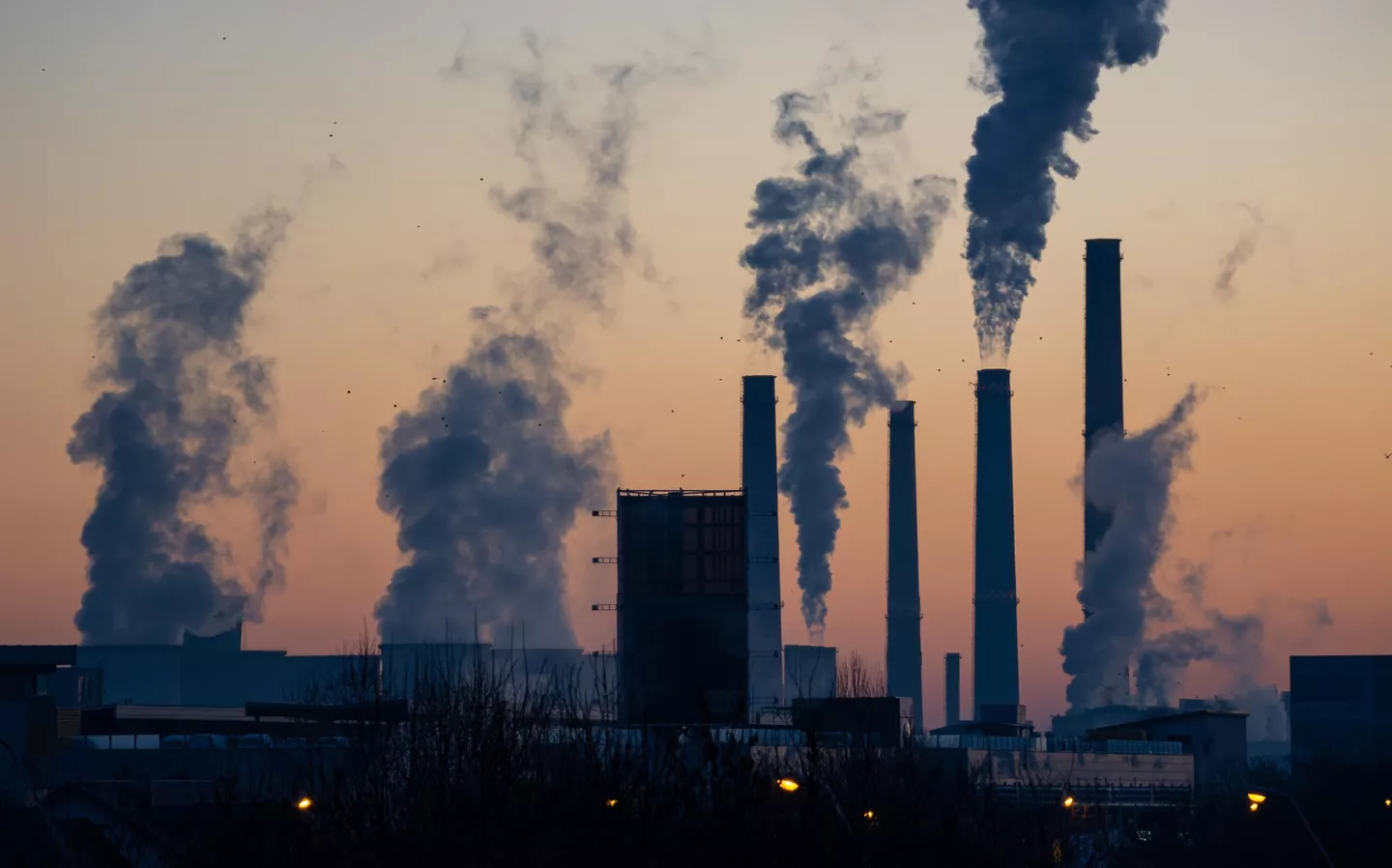
LONDON, 15 August – Air pollution may contribute to the spread of antibiotic immunity, a growing threat to global health, according to a recent study published in the prestigious British medical journal The Lancet.
Antibiotic resistance killed more than 1,270,000 people worldwide in 2019 and is projected to kill 10 million people a year by 2050.
It has long been known that this tolerance is transmitted to humans primarily through contaminated food or water, but studies have shown that is not the only way.
Antibiotics are used to treat bacterial infections, and their misuse and overuse can lead to the growth of bacteria that contain genes that make them resistant to the killing power of these drugs. This, in turn, makes it difficult to treat certain infections.
The research team, made up of Chinese and British professionals, focused on the most dangerous type of air pollution: PM2.5. These particles are 2.5 microns in diameter, about 3% the diameter of a human hair. PM2.5 is invisible to the naked eye and is easily inhaled.
They compiled results from 12 trials conducted in 116 countries, including the UK, US, India and Australia.

They found that as the concentration of PM2.5 in the air increased, so did the resistance to these drugs. A 10% increase in PM2.5 concentrations is associated with a 1.1% increase in global antibiotic resistance and 43,654 deaths from antibiotic-resistant bacterial infections.
Resistance was highest in North Africa and West Asia, the report said. PM2.5 pollution in these areas is also relatively serious. In contrast, Europe and North America, which have the lowest average levels of PM2.5 pollution, also have the lowest immunity.
For example, a mere 1% increase in PM2.5 across all regions has been linked to increased resistance to multiple antibiotics by Klebsiella pneumoniae, a bacterium that often spreads in hospitals and causes pneumonia, meningitis, urinary tract infections and even cancer related. Article reports.
Other reports suggest that air pollution is also a risk factor for tuberculosis, which is caused by the bacterium Mycobacterium tuberculosis, which has also successfully developed immunity to many of these drugs.
Thus, a study in Hong Kong also revealed an association between outdoor exposure to PM2.5 and tuberculosis. He also found that increases in PM2.5 concentrations in winter were associated with a 3% increase in the number of TB cases in the following seasons (ie, spring and summer).
However, despite the clear link between the two, the underlying mechanisms that may contribute to the spread of antimicrobial resistance in air pollution remain unclear. The cited article only reinforces the argument for urgently improving air quality and reducing global pollution. (Text: Sputnik) (Photo: AP and Sputnik)
